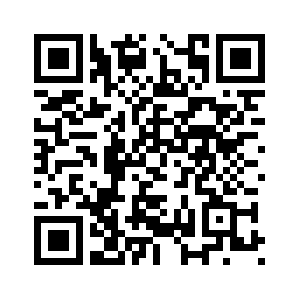SYDNEY, Dec. 16 (Xinhua) -- Australia's corporate regulator has launched legal action against global banking giant HSBC for failing to protect customers from scams.
The Australian Securities and Investments Commission (ASIC) on Monday lodged a lawsuit against the Australian arm of HSBC in the federal court.
In the filing, ASIC claimed that HSBC failed to protect 950 Australian customers from a long-running scam.
ASIC said that the customers lost a combined 23 million Australian dollars (14.6 million U.S. dollars) through unauthorized transactions between January 2020 and August 2024.
Of that total, almost 16 million Australian dollars (10.1 million U.S. dollars) was lost in the six-month period to March 2024.
ASIC Deputy Chair Sarah Court said in a statement that the regulator will allege in court that HSBC Australia was aware of the risk of unauthorized transactions occurring and that there were gaps in their fraud controls.
"We allege HSBC Australia's failings were widespread and systemic, and the bank failed to protect its customers," Court said.
"All banks need to pull their weight in the fight against scams. We will not hesitate to take court action where we consider banks fail to comply with their obligations to protect their customers."
ASIC claims that HSBC Australia compounded the problem by failing to comply with its obligations under federal laws and took an average of 145 days to investigate customers' reports that they had been scammed.
Fraudsters perpetrating the scam used software to disguise their phone number so that messages appeared as though they were coming from the bank.
They then warned customers of suspicious activity and coerced them into sharing information that allowed the scammers to seize control of accounts and access funds.
Australia's national anti-scam center issued a warning over the scam in February. ■



